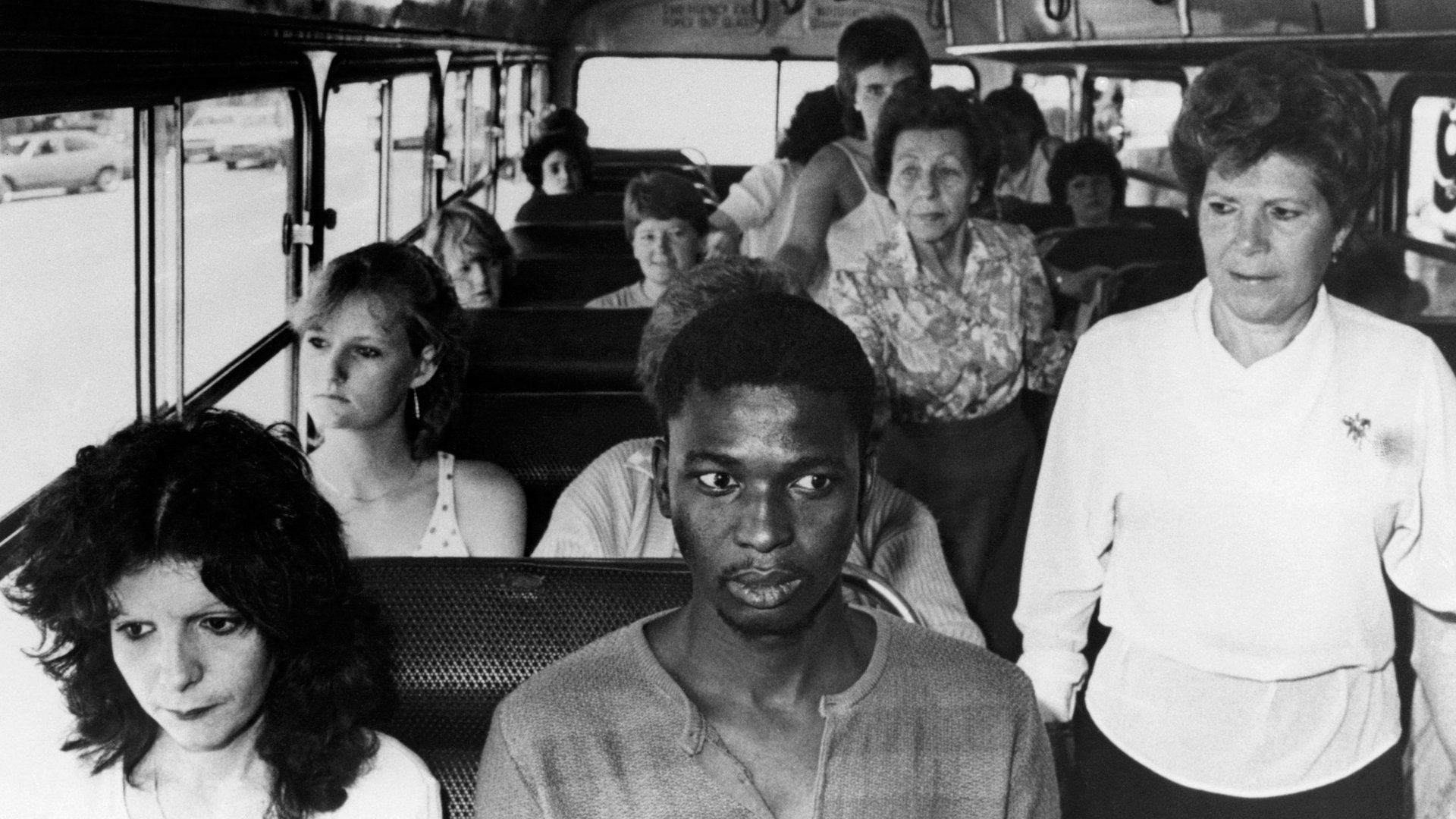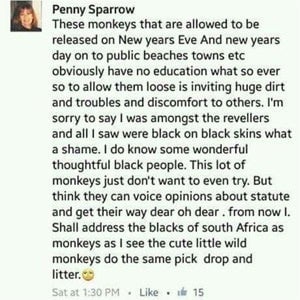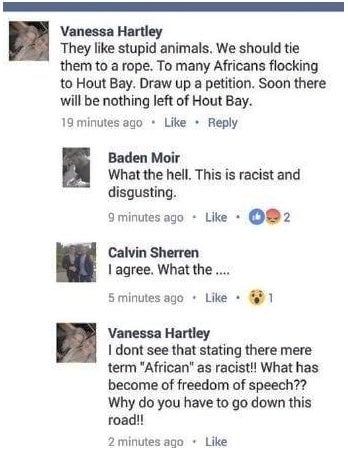South Africans just can’t hide their racism on social media
South Africa’s post-apartheid fantasy of the Rainbow Nation seems unable to survive the unfiltered reality of social media.


South Africa’s post-apartheid fantasy of the Rainbow Nation seems unable to survive the unfiltered reality of social media.
On seeing an image of a Durban beach crowded with black people, one Facebook user commented “Eh eh Wena… must have smelt like the inside of Zuma’s asshole,” a likely reference to the president, on a public holiday weekend known as Reconciliation Day, no less. The user has refuted accusations of racism, but the youth league of the African National Congress has laid criminal charges of crimen injuria—unlawfully impairing the dignity of another person—against the man.
More than twenty years after apartheid ended, racism remains. For a while, it was hidden by the optimism of a “new South Africa.” The country was the picture of diversity and had beaten the odds by choosing reconciliation over acrimony. But as the reality of economic disparity set in, South Africans sometimes fell back into old habits, reducing each other to racist stereotypes. This time around, social media makes the hatred viral, regularly causing outrage online and in the news cycle.
The “eh eh wena,” is often a parody of black African languages, loosely translated as “No, you,” but a phrase that has been used by mammy-like characters on adverts, including an insurance infomercial starring a white man in black face. That series of advertisements ran their course without complaint. Then again, this is a country where the most successful feature films were slapstick jaunts featuring an Afrikaans actor in a series of blackface characters, complete with accents and offensive stereotypes.
But there was something about the daily racism of a Facebook post that South Africans will not forgive. The latest social media rant is all too similar to last December, when a Durban realtor took to social media comparing black vacationers on a beach to monkeys. The woman, Penny Sparrow, was found guilty of infringing on the dignity of the people she insulted and fined 5,000 rand ($355) or 12 months in jail.

But racism in South Africa does not have to wait for the holidays to rear its head. All year round, racist social media rants have gone viral and infuriated South Africans across the color line. The posts are often deleted, but not before someone screengrabs them. The users range from a judge, an economist and the average suburbanite. The racism has gone in both directions, black people attacking white people, and other attacking the Hindu festival of Diwali. At restaurants, patrons have found themselves racially profiled, or berated for being black. And that was just this year.

Social media is not real life, but the outbursts on tweets and status updates are window into a much more intimate conversation—one had at dinner tables behind walls, in languages not understood by all and other “safe spaces” where racism can flourish without criticism. While systematic racism has been outlawed, casual racism in South Africa plays a new role: it hides economic and social insecurity, explains away inequality, creates a false political identity and maintains the status quo.
But for every racist poster, there are more commenters calling out this racism for what it is, a step backward. Earlier in December, racist Facebookers relentlessly attacked the wedding pictures of a black rugby player and his new white wife. In response to the trolls, more sensible South Africans posted loving images of inter-racial couples and families.
In countries where free speech is paramount, it may seem extreme to criminally try people for racist outbursts, especially on personal pages and the abyss of the comments section. But dignity trumps free speech in a country where the indignity of apartheid destroyed so many lives.